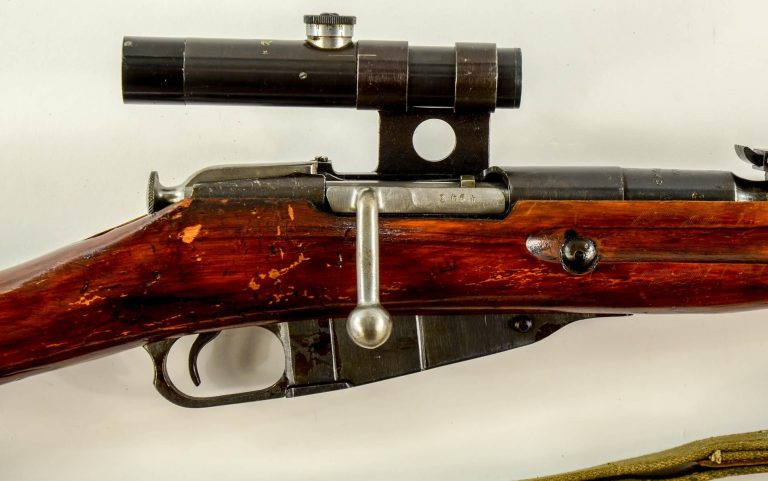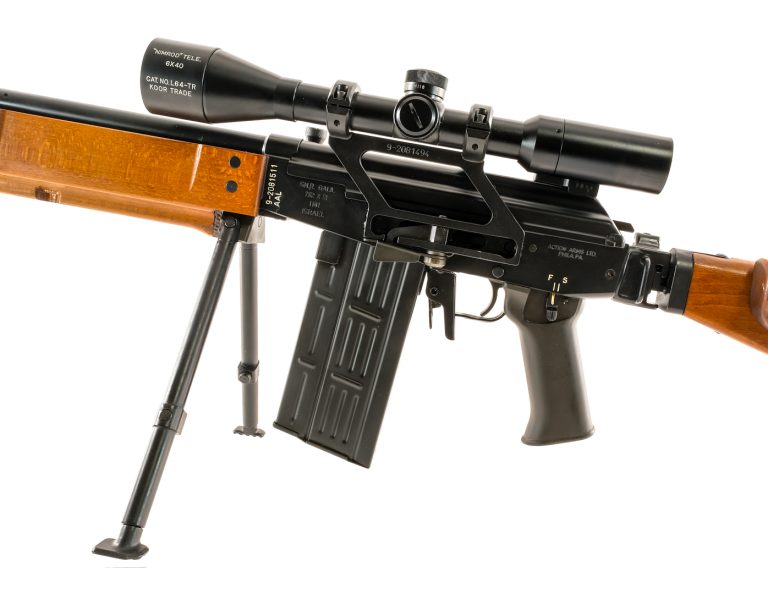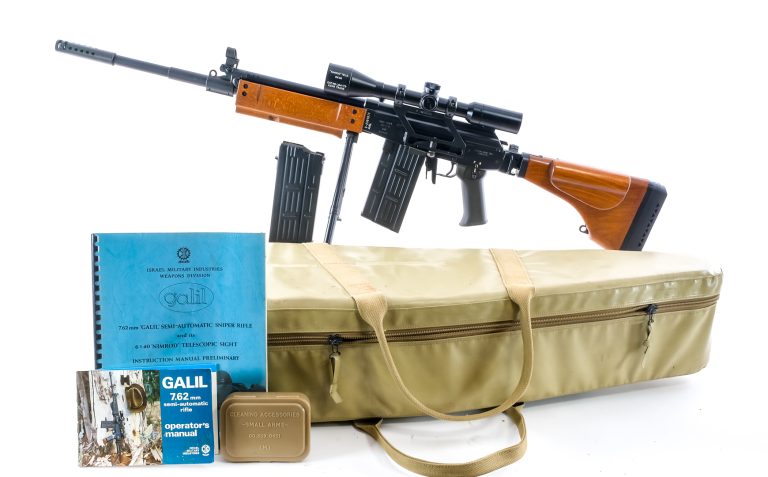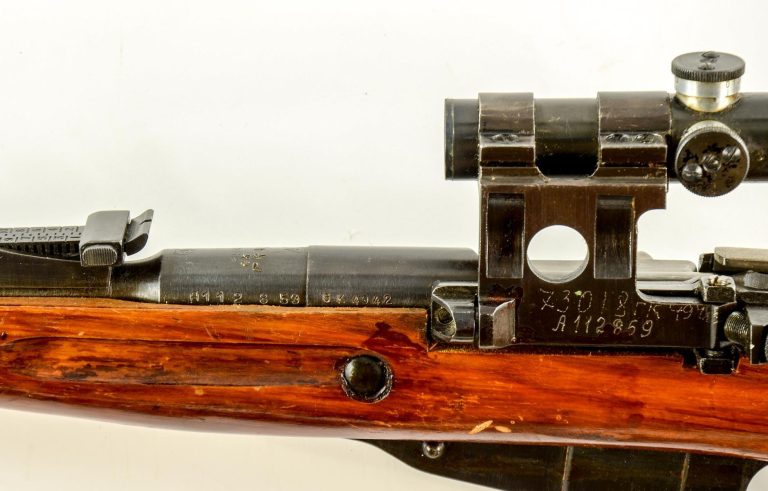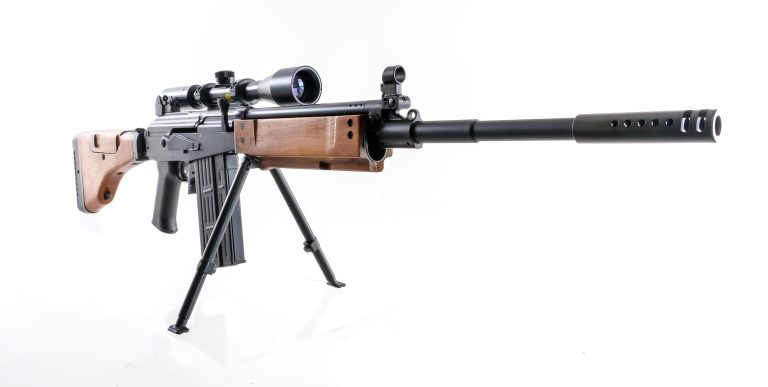Guide to Selling Firearms in South Carolina
- Home
- Guide to Selling Firearms in South Carolina
South Carolina’s firearm sales laws may be more lenient compared to other states, but they’re not to be taken lightly. From understanding the potential criminal penalties involved in selling to ineligible persons to knowing the market value of your firearm, there’s a lot to grasp.
Our experts at CTFA will aim to guide you through the intricate regulations surrounding firearm sales in South Carolina, ensuring you’re well-prepared for your potential sales ahead.
Options for Selling Guns in South Carolina
As a gun owner in the Palmetto State, several options are open to you to legally carry out firearm sales. These options range from trading with licensed dealers, to private transactions, to leveraging online platforms.
Selling to Licensed Dealers
Opting to sell guns to a licensed dealer presents a direct and somewhat uncomplicated pathway. When you choose this route, the dealer typically handles most of the legalities that regulate firearm sales. In most instances, it becomes the dealer’s responsibility to run necessary background checks on potential buyers, thus offering you some level of legal protection. But, bear in mind that dealers sometimes offer less than market value for the firearms they purchase, considering the need to make a profit on resale.
Private Sales
Opting to sell guns to a licensed dealer presents a direct and somewhat uncomplicated pathway. When you choose this route, the dealer typically handles most of the legalities that regulate firearm sales. In most instances, it becomes the dealer’s responsibility to run necessary background checks on potential buyers, thus offering you some level of legal protection. But, bear in mind that dealers sometimes offer less than market value for the firearms they purchase, considering the need to make a profit on resale.
Online Platforms
Another possibility that combines both the financial benefits of private sales and the extensive reach of a dealer is using online platforms. These platforms typically help a wide reach, higher selling prices, and may even offer security features to protect both buyers and sellers. Nevertheless, it’s crucial to verify the authenticity and legality of any online platform before engaging in firearm sales.
In all scenarios, it is of utmost importance that you stay aware of your responsibilities during firearm sales and adhere strictly to South Carolina laws, ensuring a compliant and lawful process.
Remember, selling a gun in South Carolina requires careful consideration of your options and diligent compliance with the law. Knowledge, as they say, is power—and an informed seller is indeed a powerful one.
Legal Requirements for Selling Guns in South Carolina
Moving from the complexity of various legal options for selling firearms, let’s investigate the precise regulations you ought to understand before conducting firearm sales in South Carolina. Whether it’s state laws, federal regulations, or necessary documentation, absolute comprehension and compliance ensure smoother transactions.
State Regulations
Exploring regulations varies by state, with South Carolina having its unique set of conditions. Not everyone fits the eligible criteria to buy, carry, and sell firearms. For starters, handgun buyers ought to be at least 21 years old, while rifle, shotgun, and ammunition buyers should be a minimum of 18 years. Also, felons and people with criminal records are barred from owning firearms.
The critical takeaway here? If you’re found guilty of selling a gun to these prohibited individuals—that’s a legal consequence you certainly want to bypass.
These rules are from the official South Carolina State Legislature website and a memorandum on South Carolina State Laws from the South Carolina Office of Attorney General to the Bureau of Alcohol, Tobacco, Firearms and Explosives.
Federal Compliance
Equally important when you’re selling a gun in South Carolina is adhering to federal laws. Key among these are the National Firearms Act and the Gun Control Act. The repercussions of neglecting these can be severe. For example, engaging in firearm transactions with people convicted of serious crimes, drug addicts, fugitives, illegal immigrants, or the mentally unwell is strictly against the law.
Background Checks and Documentation
While South Carolina’s regulations are relatively permissive towards firearm sales between private individuals, keeping safe trumps ease. No compulsory government-mandated checks exist but here’s the caveat – knowingly selling to someone prohibited from owning firearms is illegal.
Reasonable precautions aren’t legally obligatory but would you rather be safe than sorry? To avoid criminal liability, consider documenting the transaction with a bill of sale and taking a copy of the buyer’s ID as proof of their South Carolina residency.
Plus, checking if the buyer has a concealed weapon permit serves as additional evidence of eligibility. A meeting spot in a public place, such as a law enforcement parking lot, could certainly tilt the balance towards safety.
Alternatively, you might consider conducting the sale through a Federal Firearms Licensed (FFL) dealer who can run a background check for a fee. They also keep and maintain records of acquisitions and transfers.
Steps to Sell a Gun Legally in South Carolina
Let’s jump into the world of firearm sales in South Carolina. Selling a gun involves a lot of regulatory complexities but with the right guidance, it becomes manageable. This part of our article will provide you definitive steps to legally navigate this process.
Pre-Sale Preparations
Before embarking on a firearm sale in South Carolina, there are certain preparations that are crucial to avoid any legal ramifications down the line. Firstly, ensure your prospective buyer doesn’t fall into categories of prohibited individuals like convicted felons or those with certain mental health issues. Do this by requesting a valid ID and checking if they’re a South Carolina resident.
Verifying the buyer’s credibility carries weight, consider asking if they possess a concealed weapon permit (CWP), an indicator of their eligibility to purchase firearms. Remarkably, South Carolina laws are accommodating for private gun sales; but, it’s still important to prioritize safety and legality.
Transaction Procedures
Now that you’ve made necessary pre-sale checks, let’s investigate the transaction proceedings. In the spirit of taking reasonable precautions, use a bill of sale detailing the transaction and firearm. Don’t shrug this off, folks, because it provides a record that safeguards both parties involved in the sale.
Consider making the transaction in public places such as law enforcement parking lots – safer for both parties. You can also opt to conduct the sale through a Federal Firearms Licensed (FFL) dealer who can help a background check on the buyer. Mind you, this option comes with a fee, typically around $20-$30, but it vastly increases safety and compliance levels.
Post-Sale Obligations
After ensuring a secure transaction, there are still a few steps to wrap up the process. It’s important to remember South Carolina law prohibits private sales of certain restricted firearms like machine guns, sawed-off shotguns, and explosive weapons. Attempting to sell a firearm with a defaced or removed serial number is also illegal, so always check this before finalizing a sale.
By adhering to these steps for selling a gun in South Carolina, you not only ensure smooth transactions but more importantly, you stay within the bounds of the law. Finding a balance between legal requirements, safety, and buyer legitimacy can seem daunting, but the peace of mind it brings is worth the added diligence.
Safe Practices for Selling Firearms
Aside from knowing and adhering to the laws of firearm sales in South Carolina, you’ll also need to follow safe practices during transactions. It’s crucial to manage the meeting locations and handling payment, while ensuring security.
Meeting Locations
When selling firearms in South Carolina, it’s important to select a meeting location that offers a measure of safety and legality. Public places, particularly those under surveillance, provide a certain level of security for both parties involved. A police station’s parking lot, a bank, or other such secure locations are often recommended.
Opting for these locations discourages illegal activities, considering the visible and constant presence of law enforcement or security cameras. But, remember to keep the firearm securely stored, and avoid any public display that could cause alarm. Bear in mind, your actions in public places must still be following the firearm laws of South Carolina.
Handling Payment
A vital aspect of any firearm transaction in South Carolina revolves around the payment method. Handling payment securely can help mitigate risks of fraud or illegal activities.
Traditional methods like cash or cashier’s check are commonly used due to their relative simplicity. But, if opting for digital methods, use reputable services only with clear transaction histories.
It’s worth noting that, whatever payment method is used, you must provide a detailed bill of sale. This document should feature the buyer’s details, the firearm’s specifics, and the transaction’s nature, acting as proof of lawful exchange.
Overall, selling a gun in South Carolina may seem challenging; but, diligent practice of prescribed laws, and careful implementation of safe practices can ensure a smooth, legal transaction.
Selling Your Estate Or Gun Collection in South Carolina?
Selling an estate or gun collection in South Carolina? Why not work with a licensed and trusted expert who’s done this before?
At CT Firearms Auctions, we pride ourselves on being a trusted and fully licensed firearms dealer. Our extensive knowledge of state and federal laws ensures that every transaction is conducted with the utmost safety. With years of experience in valuing and handling large and estate gun collections, we understand the importance of your investment.
Want to be sure your collection investment gets what it deserves? Reach out to us today.
Is South Carolina a stand-your-ground state?
Yes, South Carolina follows the stand-your-ground law. However, you may still face criminal charges if you use lethal force in self-defense. Let it be noted that you can indeed be charged if you shoot someone in self-defense in South Carolina.
Frequently Asked Questions
Can I transport firearms in my car in South Carolina?
Yes, in South Carolina, you are allowed to transport firearms in your car. However, the firearm must be secured in a closed glove compartment, closed console, closed trunk, or another closed container. The container doesn’t necessarily need to be locked.
What are my options for selling firearms in South Carolina?
There are several legal avenues for selling firearms in South Carolina. This includes selling to licensed dealers, conducting private sales, and using online platforms. Keep in mind, you must always comply with state laws and regulations during these transactions.
How can I manage safety during gun sales in South Carolina?
Promote safety during gun sales by choosing public places as meeting locations. Handle payments securely through traditional or digital methods. It’s advisable to provide a detailed bill of sale for every transaction.
Can I sell guns privately in South Carolina?
Yes, private gun sales are legal in South Carolina, but the law doesn’t require universal background checks or maintaining records of sales. Still, you are advised to take identification for maintaining transaction records.
Can I buy guns with an out-of-state license in South Carolina?
Yes, residents of other states can purchase rifles and shotguns in South Carolina if they comply with the laws of both South Carolina and their own state of residence, as well as federal law. Understand that South Carolina does not regulate gun show sales.
Does South Carolina allow open carry?
Yes, South Carolina recently joined the list of states that allow open carry of guns without a permit. However, laws for gun carrying might differ based on various factors, so it’s crucial to stay updated with the current legislation.
